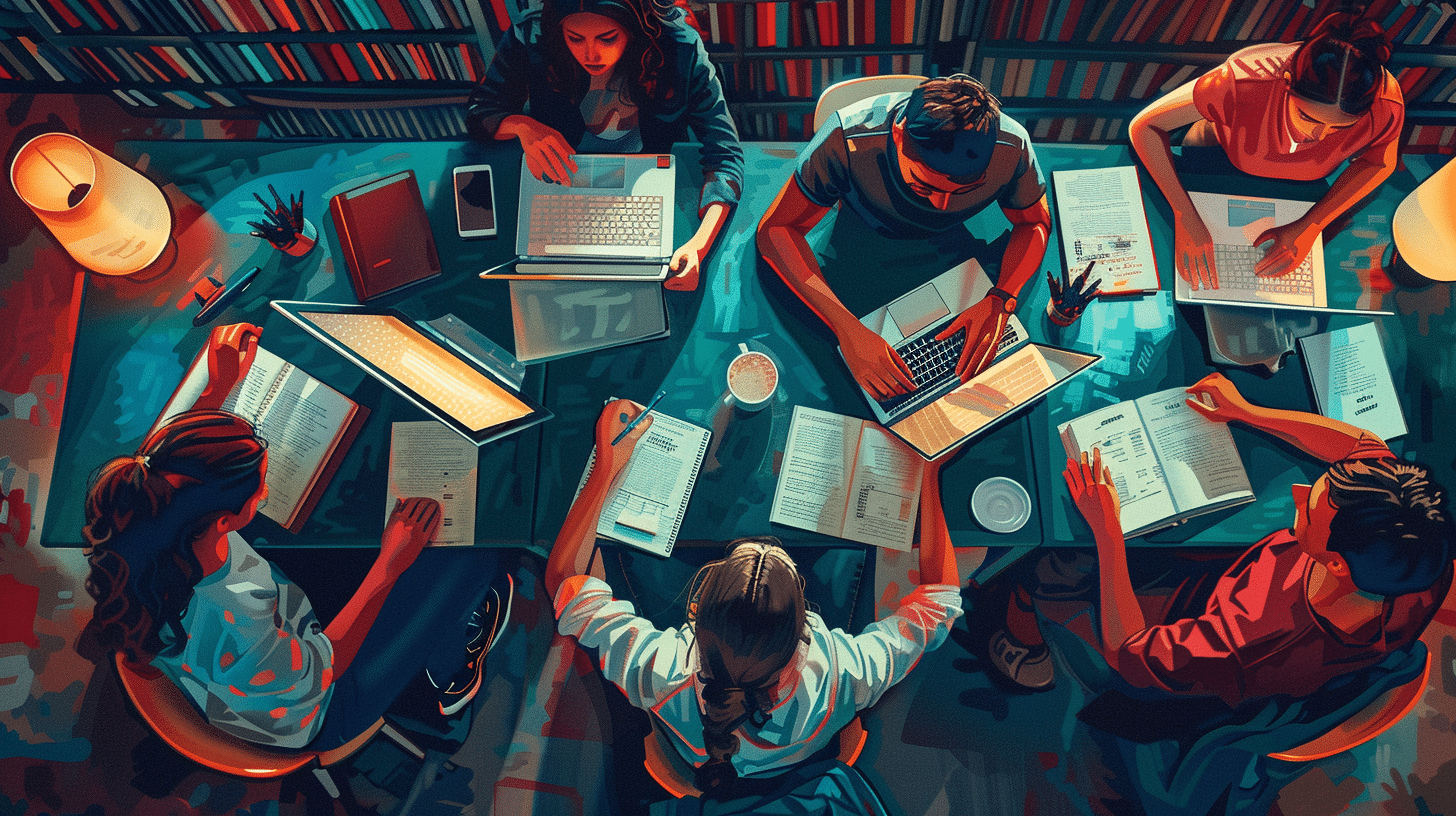Education in Iraq has a complex history, significantly shaped by its socio-political developments. Over the years, the educational landscape has seen periods of excellence and decline, particularly influenced by the instability due to conflicts. However, recent years show efforts towards reconstruction and improvement of the education sector.
Pre-2003 Education System: Prior to the conflicts, Iraq had a robust education system. The literacy rates were among the highest in the region, and the country boasted a free, compulsory education system up to the secondary level.
Post-2003 Education Challenges: The Iraqi education system faced severe disruptions due to war and subsequent unrest. Many schools were destroyed, teachers fled the country, and those who remained often faced significant security risks.
Current Educational Reforms: The Iraqi government, with support from various international organizations, has been working on reconstructing the educational infrastructure. Initiatives to train teachers, revise curriculums, and rebuild schools are underway to restore the education system’s former strength.
Primary and Secondary Education
Education is compulsory in Iraq from six to fifteen years of age, covering primary and lower secondary education. The curriculum includes a variety of subjects aimed at providing a well-rounded education.
Curriculum: The curriculum for primary and secondary education in Iraq includes Arabic, Islamic studies, mathematics, science, social studies, and English. Efforts are being made to update the curriculum to make it more relevant to today’s global context.
School Infrastructure: Many schools still suffer from poor infrastructure. Classes are often overcrowded, and there is a significant shortage of basic facilities such as libraries and laboratories.
Teacher Training: There is a pressing need for professional development of teachers in Iraq. Many teachers have not had formal training in updated teaching methodologies or curriculum content due to the disruptions in the education sector.
Higher Education and Research
Higher education in Iraq is provided by both public and private universities. The country is home to some of the oldest universities in the world, such as the University of Baghdad, established in 1957.
University Admissions: Admission to universities is highly competitive and is usually based on the scores obtained in the final secondary school examinations. There is a need for more higher education institutions to accommodate the increasing number of high school graduates.
Research and Development: Iraq has a rich history of research and development, but the sector has been significantly affected by the lack of funding and loss of skilled professionals. Efforts are being made to revitalize research through international collaborations and investments in research infrastructure.
Private vs Public Universities: The private sector in higher education is growing, although public universities still host the majority of the student population. Private universities often offer more modern facilities and resources.
Technical and Vocational Education and Training (TVET)
Technical and Vocational Education and Training (TVET) is crucial for the economic recovery and development of Iraq. TVET provides young people with the necessary skills to enter the labor market.
TVET Institutions: There are numerous TVET institutions throughout Iraq, offering courses in fields such as construction, agriculture, electronics, and mechanics. These institutions play a critical role in rebuilding Iraq’s economy.
Challenges: TVET institutions face challenges such as outdated equipment, lack of qualified instructors, and insufficient industry engagement. Improving these areas could significantly enhance the effectiveness of TVET programs.
Government Initiatives: The Iraqi government recognizes the importance of TVET and is implementing various programs to enhance these institutions’ capacity and align them more closely with the labor market’s needs.
Role of International Organizations in Iraqi Education
Several international organizations are involved in supporting educational initiatives in Iraq. These organizations provide funding, expertise, and support for educational reforms.
UNESCO: UNESCO is actively involved in various projects aimed at enhancing the quality of education in Iraq. These include teacher training programs, curriculum development projects, and infrastructure rebuilding efforts.
World Bank: The World Bank has provided substantial funding for education projects in Iraq, aimed at reconstructing schools, training teachers, and improving educational materials and methods.
Non-Governmental Organizations (NGOs): Numerous NGOs are also involved in education in Iraq, focusing on areas such as girl’s education, inclusive education for disabled children, and emergency education for children affected by conflicts.
Conclusion
The educational landscape in Iraq is gradually improving, despite the numerous challenges it faces. With continued support from the government and international community, along with effective implementation of educational reforms, Iraq can hope to restore its educational system to its former glory and ensure a bright future for its younger generations. Continued focus on areas such as teacher training, curriculum development, and infrastructure will be crucial in shaping the educational outcomes of the country.






